Real Cost vs Opportunity Cost


One of the hardest lessons to learn and put into practice is that of Real Cost versus Opportunity Cost. Let’s consider an example.
Real Cost
Real Cost is straightforward. If the water pipes in my house freeze and burst due to the cold weather, I can fix the leak myself or I can call a professional plumber. Those are my options. Sure, I could do without running water, but I’m fond of modern conveniences. So, let’s say I want to fix the leak.
Which is the better option – fixing the leak myself or hiring a professional? Assuming I have the know-how, fixing the leak myself sounds less expensive. In terms of Real Cost it is.
When I repair the bursted pipes myself, my only outlay is for the supplies required to stop the water from squirting out. I’ll need to run down to the hardware store to buy some replacement pipe and perhaps a couple of shiny new tools. That’s the extent of my Real Costs. Then I can roll up my sleeves and dive into the repairs.
If I call a plumber to come to my house and do the job for me, I don’t have to go to the hardware store. I don’t have to buy the materials myself. And I don’t have to find and fix the leak. But I do have to pay him to do these things for me. I have to pay for his time plus the materials he uses to remedy the problem.
So, calling a professional costs me time and materials whereas doing it myself costs only materials.
But that’s not really a complete picture. There’s an Opportunity Cost associated with the project.
Opportunity Cost
If I spend three hours repairing the ruptured pipes, that’s three hours that I’m not doing something else like working for my clients or spending time with my family. The things that I give up by not choosing them are the Opportunity Costs.
There are Opportunity Costs associated with every decision you make. Choosing one thing, by definition, will come at the expense of another.
In this case, the Opportunity Cost of fixing the burst pipes is the time I spend doing the work myself. A professional plumber can probably do the job in half that time. So from an economic perspective, I’m spending time doing something that I’m only marginally skilled at instead of focusing on areas where I’m more skilled. That’s underutilizing my effectiveness.
So in effect, I am paying for time and materials even when I do the job myself. I’m paying with my time rather than buying the plumber’s time. So the question becomes: how much is my time worth to me?
Unless the plumber charges twice my hourly rate or I don’t actually have the client work to do instead of fixing the broken pipes, it actually costs me less to pay someone else to do the job.
Applying The Calculation To Business
Real Costs versus Opportunity Costs apply to business as well. For example, should I outsource part of a project to another consultant?
Let’s say I’m a database consultant and I’m somewhat skilled in application development. I can do the application development work, but my area of expertise is in the database. Spending time developing the front end application is not a good use of my time. Someone else can do it better and faster than me. I should focus on the things that I do well.
The same goes for bookkeeping, web site development, and making reservations.
The concept also applies to managers and their team. If a manager does something that he could have delegated to a team member, it’s actually costing the organization. He could have delegated the task and had someone else do it, allowing him to focus on the things that only he can do.
There’s More To The Story
We must remember, however, that not all decisions are solely based on finances. Spending time with my family, working on the fence in the pasture, and volunteering as a Scout Leader all have Opportunity Costs associated with them. Despite being intangible, the results are well worth it. I’m not going to outsource some things.


Recent Comments